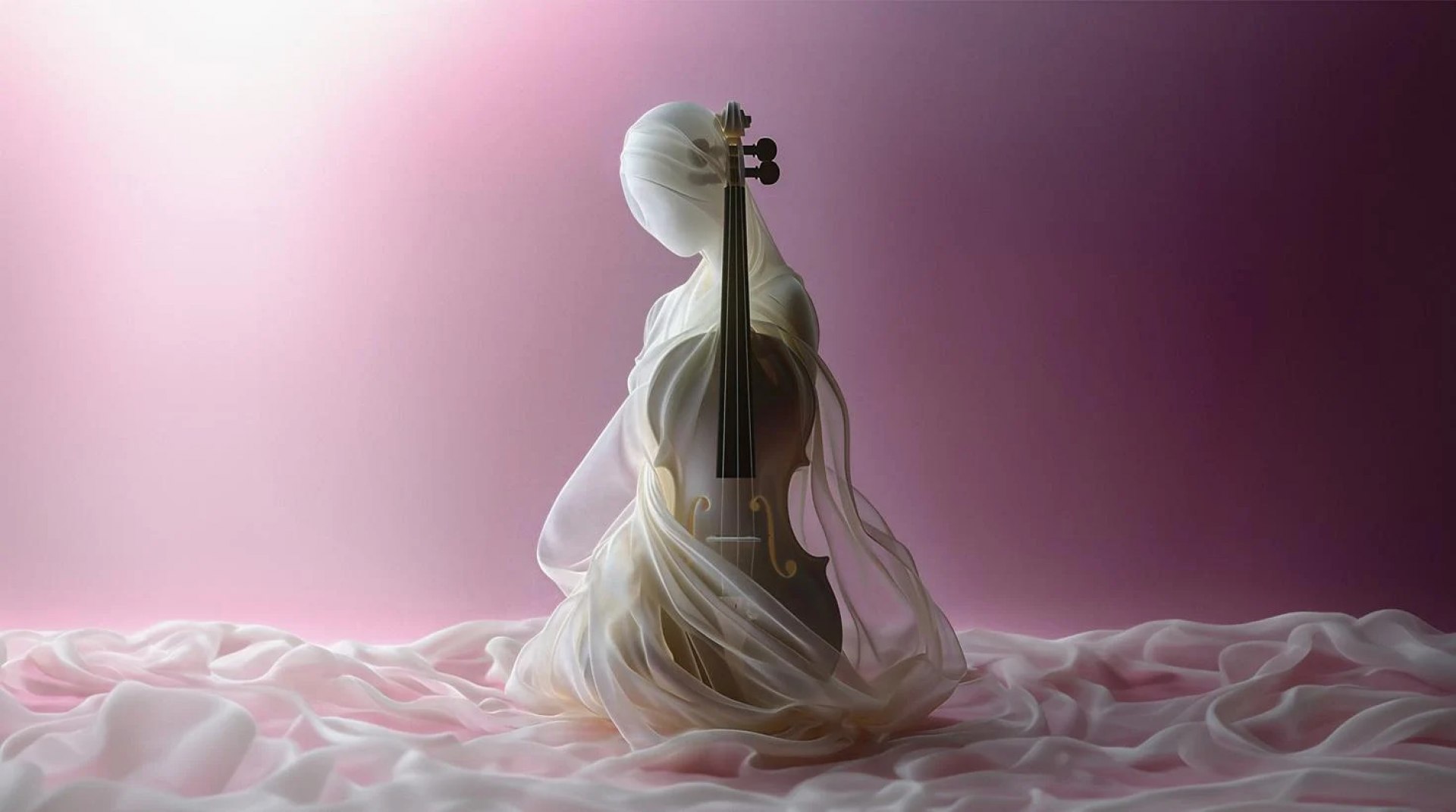La Merope
February 2025 | ||||||
|---|---|---|---|---|---|---|
Mo | Tu | We | Th | Fr | Sa | Su |
Opera in concert version
Domènec Terradellas (Barcelona, 1713 - Rome, 1751) was the most celebrated Catalan composer of the 18th century. With a fascinating artistic life and a rich and brilliant oeuvre, the Gran Teatre del Liceu aims to revive his opera La Merope in modern times.
(Presumably) murdered with stab wounds in Rome at the age of 38 (reportedly due to envy from composer Niccolò Jommelli), little is known about his biography over three centuries after his birth.
A disciple of Francesc Valls, the master of the chapel at Barcelona Cathedral, Terradellas went to Naples where he studied under Francesco Durante, developing a style influenced by sacred music. It was in Naples where he encountered a taste for opera in opera theaters, making significant contributions to the twilight Baroque and the imminent announcement of the emerging Classical period.
Following his significant Neapolitan oratorio Giuseppe rinocosciutto (1736), his first major success came with La Merope, premiered at the Teatro delle Dame in Rome in 1743, marking his definitive triumph in Italy.
This was followed by other titles such as Artaserse (1744), Mitridate (1746), and Bellerofonte (1747), the latter two during his London period as director of the King's Theater Haymarket, where Handel had triumphed years earlier.
Terradellas' last opera, Sesotri (1751), became the first score by a Catalan composer to be staged in Catalonia, specifically at the Teatre de la Santa Creu in Barcelona.
A wonderful artistic biography where he interacted with Gluck and competed with others of the caliber of Porpora, Galuppi, or Hasse. Francesco Corti, a renowned harpsichordist and conductor, leading the AKAMUS (Akademie für Alte Musik Berlin), will spearhead this initiative to bring this highly refined orchestral and vocal score back to life. Imaginative music, melodies full of life, great theatrical ardor, and a profound sense of drama allow us to reclaim Terradellas' legacy.
"The history of art is nothing but a perpetual torture."
Gustave Flaubert
Program and cast
Approximate running time - 3h
POLIFONTE: Valerio Contaldo
MEROPE: Emőke Baráth
EPITIDE: Francesca Pia Vitale
ARGIA: Sunhae Im
TRASIMEDE: Paul-Antoine Bénos-Djian
LICISCO: Margherita Maria Sala
ANASSANDRO: Matthew Newlin
ORCHESTRA AKADEMIE FÜR ALTE MUSIK BERLIN
CONDUCTOR: Francesco Corti
Gran Teatre del Liceu
Barcelona's opera house, the Gran Teatre del Liceu, was founded on the Rambla in 1847 and has continued over the years to fulfil its role as a culture and arts centre and one of the symbols of the city.
Today it is publicly-owned (by the Government of Catalonia, Barcelona City Council, Barcelona Provincial Council and the Ministerio de Educación, Cultura y Deporte) and administered by the Fundació del Gran Teatre del Liceu which, in addition to the aforementioned bodies, incorporates the Patronage Council and the Societat del Gran Teatre del Liceu (the old society of owners).
Origins: From 1837 to 1847
The Liceu evolved out of the Sociedad Dramática de Aficionados (Society of theatre-lovers) set up in 1837 at the instigation of Manuel Gibert in the former convent of Montsió by members of the National Militia, an organization of armed citizens with liberal leanings.
Barcelona's economy and population were growing fast at the time and the city needed a music conservatory. This led to the conversion of the Sociedad Dramática into the Liceo Filármonico Dramático Barcelonés de S.M. la Reina Isabel II (Barcelona Dramatic and Philharmonic Lyceum of HM Queen Isabel II). In addition to its theatrical activities, the new organization cultivated Italian-style singing and music.
The building on the Rambla
The original building was solemnly opened on 4 April 1847. The plans had been drawn up by Miquel Garriga i Roca, subsequently assisted by Josep Oriol Mestres. The project was funded by selling shares, which meant that many of the boxes and seats were to be privately owned. The shareholders formed the Societat del Gran Teatre del Liceu, known as the “Societat de Propietaris” (Society of Owners), which was in sole charge of running the Gran Teatre del Liceu from 1855 onwards, after it was legally separated from the Conservatori del Gran Teatre del Liceu.
The theatre was operated by impresarios who were given a concession to stage a specific number of productions in exchange for the proceeds from the sale of tickets not reserved for the Societat itself. This system was to endure until 1980.
The creation of the Consortium
By the last quarter of the 20th century this management system was no longer viable. In 1980, to avert the danger of the disappearance of an institution of such worldwide cultural renown, the Generalitat Catalonia's first government in modern times – set up a consortium, the Consorci del Gran Teatre del Liceu, which also incorporated Barcelona City Council and the Societat del Gran Teatre del Liceu. Barcelona Provincial Council joined the Consortium in 1985, followed by the Spanish Ministry of Culture in 1986. From then on the Consortium took over operation of the theatre.
Performances: Fr 27 Dec 2024,

 EN
EN DE
DE IT
IT FR
FR ES
ES RU
RU JP
JP RO
RO


